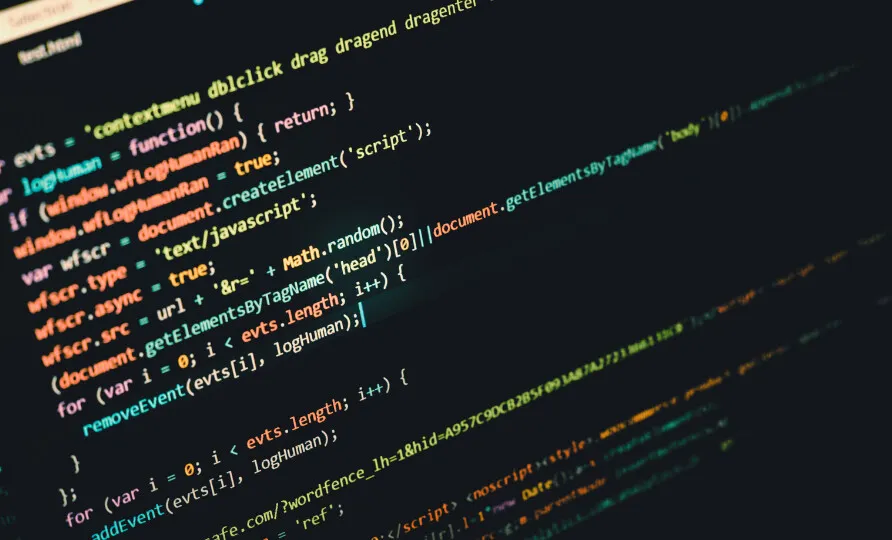The rise of generative artificial intelligence (AI) in the gaming industry is giving birth to a looming copyright crisis. Games like AI Dungeon, powered by OpenAI’s GPT-3, are already utilizing generative AI to generate in-game content, but the question of ownership remains unresolved. As players interact with these AI-driven games and contribute to the creation of narratives and other content, the lines between authorship and ownership become blurred. This emerging challenge raises complex legal questions surrounding copyright, authorship, and user-generated creations.
The ownership debate
The ownership debate surrounding generative AI in games is a contentious issue that demands attention. While traditional end-user license agreements (EULAs) often strip players of ownership rights once they enter a game, the inclusion of generative AI complicates matters. According to copyright laws in the US and the UK, only humans can claim authorship, leaving the question of who owns the AI-generated output unanswered.
AI Dungeon, created by Nick Walton and now under Latitude, has gained significant popularity among millions of players. But, the ownership of the content generated within the game is still up for debate. Alina Trapova, a law professor specializing in AI and copyright at University College London, sheds light on the prevailing uncertainty surrounding generative AI games. According to her, there is an ongoing and significant discussion regarding the extent to which players imprint their personality and exercise their free and creative choices within these games.
AI Dungeon’s EULA, although vague, suggests that users have ownership of the content they create within the game. The extent to which players imprint their personality and creativity on the generated content raises uncertainties. As AI technology continues to evolve, the need for clear guidelines and agreements regarding ownership becomes increasingly crucial.
Third-party tools and potential infringements
The integration of third-party tools further adds to the copyright challenges presented by generative AI in games. Tools like Stable Diffusion, a text-to-image generator, raise concerns about potential infringements on the rights of visual artists and media companies. Lawsuits filed against Stability AI, the company behind Stable Diffusion, demonstrate the complexities and legal implications arising from the use of these tools.
The emergence of generative AI systems has given rise to the term “plagiarism machines.” Games utilizing such systems run the risk of unintentionally incorporating content from other creators, potentially leading to copyright infringement. Latitude’s position aligns with Stability AI, claiming that the tool’s output does not infringe copyright, thus granting ownership to the user. The issue of using scraped data from various creative industries remains unaddressed.
People can’t currently share image-driven stories with AI Dungeon’s story-sharing feature, but the potential for game developers to utilize or allow players to use third-party AI tools to generate in-game maps or NPC dialog raises concerns. This “raises the stakes,” according to Alina Trapova, increasing the number of possible infringements and litigious parties involved.
The integration of generative AI in games has created a copyright conundrum, challenging traditional notions of ownership and authorship. As players actively contribute to the creation of in-game content, the need for clarity and guidelines regarding ownership becomes increasingly urgent. The involvement of third-party tools adds another layer of complexity, potentially leading to copyright infringements. Game developers, companies, and the legal system must come together to navigate these challenges and establish a framework that protects the rights of creators while harnessing the creative potential of generative AI in the gaming industry.
As Alina Trapova warns, the generative AI revolution is about to have a major impact on the game development business. Proactive measures must be taken to address the legal implications and ensure that copyright issues surrounding generative AI in games are appropriately addressed.





